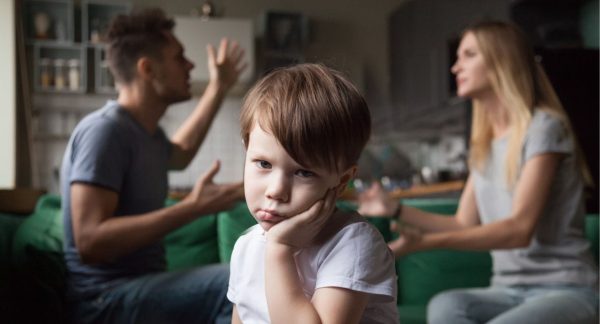The question of how much freedom parents should give their children is complex and effected on social norms within that time, what individual families think and believe in, as well as the maturity of the child. and varies depending on acceptable social norms within the time, individual family thoughts, and the maturity of the child. Finding a balance between guidance and freedom is crucial for the healthy development of a child.
On one end of the spectrum, excessive control can limit a child’s ability to make decisions, lead your child to not even have enough freedom to make their own decision and also leave the child not knowing how to do things for themselves. As the Military One Source stresses to its readers “Give your child choices that will avoid power struggles. For example, “Would you like milk or water?” A little decision-making power can give your child a lot of confidence.” Even though that’s a simple question to even ask your child it is a baseline to grow up and realize they do know how to make decisions for themselves. Giving them the confidence to make bigger impact decisions and something their parents can see to trust them and continue to make smart decisions leading them to the freedom they deserve.
Children raised in overly restrictive environments may struggle with decision making and personal responsibility as they grow older. It has also been proven that children have a higher tendency to rebel against authority figures or even be involved with poor behavior because they didn’t have the chance to have space to explore and learn what decision making is all about as they grew up.
Compared to a monitored amount of freedom, too much freedom can leave children feeling neglected and unsupported. Without boundaries, children lack the structure necessary to develop self-discipline and understand the consequences of their actions. They may also be exposed to risks before they have the maturity to handle them, which can lead to harmful situations or decisions.
Finding the perfect happy medium is key. As children grow, they should be gradually given more freedom to make choices about their lives, from small decisions like their clothing and hobbies to larger ones like their education and friendships. This gradual increase in freedom allows them to learn from their successes and mistakes in a relatively safe environment.
Parents should consider the needs and maturity level of their child when determining the appropriate level of freedom. Some children may be ready for more independence at an earlier age, while others may need more guidance for longer, which is okay. With this it’s important for parents to communicate openly with their children about the reasons behind rules and restrictions, as well as to listen to their children’s perspectives. Without communication, it is only going to come along with an unstable nonhappy relationship. Parents just need to keep an open mind and realize many things can happen but also have to be there in support of their child even if they didn’t make the right decision.
Additionally, freedom should be tied to responsibility. Their child shouldn’t be running around late at night but should also be granted permission to go out to see who they please as long as they keep it respectful and responsible. Set the boundaries of what you expect from your child and make it clear and make sure they know if their rules aren’t followed then their actions are going to have consequences. As children demonstrate their ability to handle smaller responsibilities, they can be gaining more trust which only gives them a positive of gaining more freedom. This reinforces the idea that freedom is earned and comes with accountability.
In conclusion, the amount of freedom parents should give their children is not going to be the same for every family and should be realized. Making sure your kid is aware they can’t compare their freedom to anyone else’s as well because not all families and thought processes are going to be the same. It requires a tailored approach that considers the individual child’s development, the family’s values, and the potential risks and benefits of increased because of freedom. By balancing freedom with responsibility, parents can guide their children toward becoming self-reliant, responsible, and well-adjusted adults.







